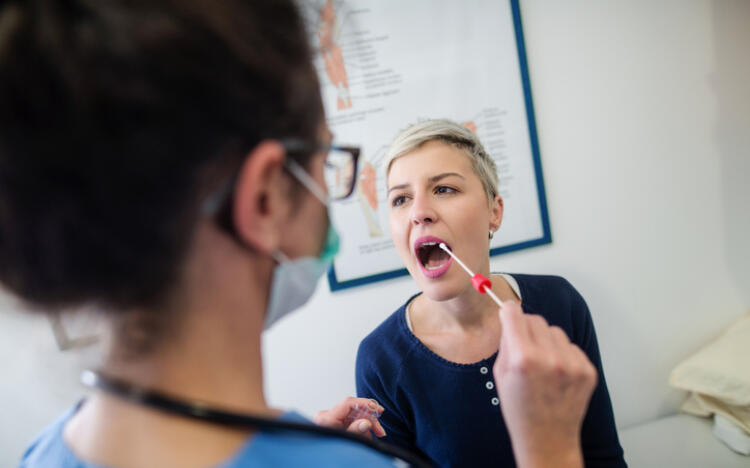Colds are viral infections of the respiratory tract.
Symptoms can include sneezing, a blocked or runny nose, a sore throat and coughing. Anyone can get a cold at any time and they are very common - children can get about 5–10 colds per year and adults 2-4.
There are about 200 different viruses that can cause a cold and each one is slightly different. That is why you can get one cold after another. Once your immune system has fought off an infection with one particular cold virus, you will be immune to that virus.
Medicines and treatments for colds
Most colds follow a clear pattern and resolve naturally within 7–10 days. Antibiotics do not help. Colds are caused by viruses – antibiotics only work on bacterial infections.
Colds may make ongoing medical conditions worse (eg, asthma or diabetes). See your doctor if this situation relates to you.
See cards 9 and 10 for some simple but effective ways you can relieve your symptoms at home, as well as taking over-the-counter medicines for pain and fever.
Cough and cold medicines should not be given to children younger than 6 years old.
Ask a doctor, pharmacist or nurse practitioner for advice before giving cough and cold medicines to children aged 6 to 11 years.
If you're breastfeeding - combination cough and cold medicines are generally not recommended for use while you are breastfeeding. They contain several active ingredients, including some that may interfere with breastfeeding or cause side effects in your baby.
It is also best to avoid oral decongestants such as phenylephrine and pseudoephedrine while you are breastfeeding, as they may reduce your milk supply and can pass into your breast milk in small amounts, possibly causing restlessness, irritability and sleep disturbances in your baby.
Consider using a saline nasal spray or a nasal decongestant spray as an alternative to an oral decongestant. Only minimal amounts of a nasal decongestant are thought to be absorbed into your bloodstream, and may be used for up to 3–4 days while breastfeeding.

